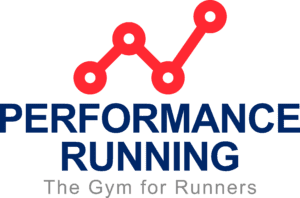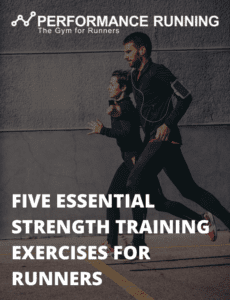There are many forms of stress in our lives as runners. Of course, we have the stress we place on our bodies when we run. But there are many other types of stress we need to account for to maximize our running potential. Here are some tips on how to properly account for all of these stresses in your life.
In addition to the stress we place on our bodies from running and strength training, we have stress from our daily lives. This could be from work, anxiety, grief, family, or many other psychological stresses. Of course the current stress of the COVID-19 virus is having an enormous impact on many of us. These stresses can increase your stress hormones and eventually your ability to recover from the good stresses of running and strength training will become difficult to impossible. These could be considered “bad” stresses
When we run or strength train, we stress our bodies. These could be called “good” stresses. We use these stresses to get faster and stronger. Here’s the important thing to remember: Our bodies require this “good” stress to break down tissue and then we need recovery to rebuild that tissue. If we keep breaking down the tissue without allowing it to recover, we’re setting ourselves up for injury. Let the tissue rebuild. That’s how we become stronger. You’ve likely heard of this described as the stress/recovery cycle. When we stress a specific system, we need to let that system recover. That doesn’t always mean complete rest. Sometimes, active recovery (taking a walk or a half hour of yoga) is the best approach versus total rest. Everyone is different and will need a different recovery method and time. It’s also important to note, as we age it can take longer to recover. We need to respect this, or we’ll most likely end up injured.
So, what can we do to keep the “bad” stress from impairing our ability to become stronger and faster? You can try meditation, practice yoga, laugh (maybe watch a comedy show on Netflix – I’m currently watching old Seinfeld episodes), take daily walks, read a book, put together a puzzle, soon you’ll be able to work in the garden, or anything else that helps you personally deal with this stress. Stresses like the COVID-19 virus cannot be eliminated. You need to respect this “bad” stress and factor it into your training. This isn’t a matter of just ignoring it and being tough. These stresses are real and have an impact on your training and your ability to recover. Respect theses stresses by factoring in more recovery time as needed into your training. We all love to push hard and are afraid to lose our fitness, but ignoring these stresses and pushing through without respecting the impact that they are having on us can lead to injury, burnout, or over training. Listen to your body and give it what it needs.




Recent Comments